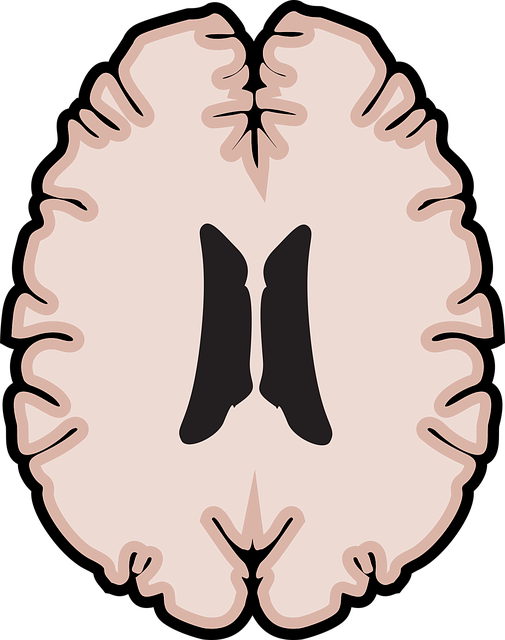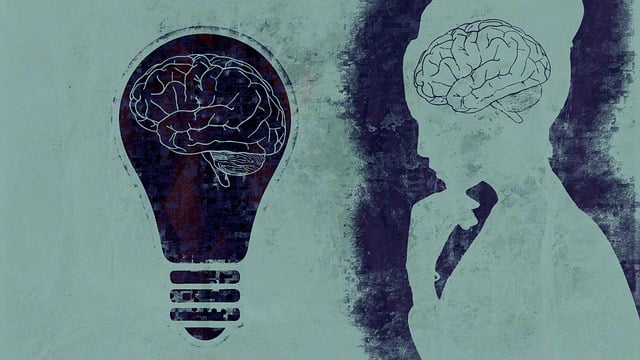Broomfield Therapy for Therapists-Clinicians equips professionals to support clients dealing with loss, grief, and bereavement using evidence-based practices like mindfulness. By employing active listening, empathy, and open-ended questions, therapists create safe spaces enabling individuals to process emotions, develop coping strategies, find meaning, and experience personal growth. Real-life case studies highlight the effectiveness of these techniques in promoting mental health awareness, healing, and resilience through both individual counseling and community outreach.
Loss, grief, and bereavement counseling are essential components of a therapist’s toolkit. This comprehensive guide explores these complex emotions, providing therapists with a solid foundation for supporting clients navigating difficult losses. We delve into the transformative power of Broomfield Therapy, offering evidence-based strategies to help clients process their grief. From understanding the unique stages of bereavement to mastering effective communication techniques, this article equips clinicians with valuable insights for real-life applications, enabling them to offer compassionate and impactful counseling.
- Understanding Loss, Grief, and Bereavement: A Foundation for Therapists
- The Role of Broomfield Therapy in Supporting Clients Through Difficulties
- Effective Communication Strategies for Clinicians When Addressing Loss
- Case Studies: Real-life Applications of Bereavement Counseling Techniques
Understanding Loss, Grief, and Bereavement: A Foundation for Therapists

Understanding loss, grief, and bereavement is foundational for therapists providing Broomfield therapy or clinician support. It involves recognizing that these complex emotions are natural responses to significant life changes, such as the death of a loved one. By embracing Mind Over Matter principles, therapists can create a safe space for clients to process their feelings, explore coping mechanisms, and develop healthy strategies for navigating stress management workshops organization and long-term healing. This empathetic approach allows individuals to find meaning and resilience in the face of loss, fostering profound personal growth.
The Role of Broomfield Therapy in Supporting Clients Through Difficulties

Broomfield Therapy offers a unique and effective approach to supporting clients navigating loss, grief, and bereavement. This therapeutic model is designed to help therapists-clinicians guide their clients through the complex emotional landscape that follows significant loss. By incorporating evidence-based practices such as mindfulness meditation, Broomfield Therapy empowers individuals to process their emotions, develop coping strategies, and find meaning in their experiences.
In addition to individual therapy sessions, this approach often includes community outreach program implementation and mental health education programs designed to foster support networks and enhance overall well-being. These comprehensive services ensure that clients not only receive professional counseling but also build resilience through social connections and practices like mindfulness meditation, ultimately facilitating a journey of healing and personal growth in the face of adversity.
Effective Communication Strategies for Clinicians When Addressing Loss

Effective communication is a cornerstone of successful counseling, especially when addressing complex emotions related to loss and bereavement. Therapists-clinicians in Broomfield Therapy play a pivotal role in guiding clients through this challenging journey. One key strategy is active listening, where therapists fully immerse themselves in the client’s narrative, acknowledging their feelings without judgment. This creates a safe space for individuals to express their grief, whether it manifests as anger, sadness, or confusion.
Additionally, therapists should employ empathy and validation techniques, ensuring clients feel understood. Using open-ended questions encourages clients to elaborate on their experiences, fostering deeper connections. By integrating these communication strategies, therapists can offer compassionate support, aid in stress reduction methods, and even provide anxiety relief while promoting mental health awareness during the bereavement process.
Case Studies: Real-life Applications of Bereavement Counseling Techniques

In the realm of Broomfield Therapy for Therapists-Clinicians, real-life case studies offer a glimpse into the transformative power of bereavement counseling techniques. These sessions are designed to help individuals navigate the complex landscape of grief and loss, fostering positive thinking and depression prevention through tailored interventions. For instance, consider a recent study where a clinician utilized conflict resolution techniques to facilitate healing between family members grappling with the sudden passing of a loved one. By addressing underlying tensions and providing a safe space for emotional expression, the therapist helped the family find closure and begin the process of healing.
Another compelling case involves an individual who had been struggling with feelings of isolation and despair after the loss of their partner. Through comprehensive bereavement counseling, the client learned effective conflict resolution strategies to manage intense emotions, enabling them to gradually rebuild connections with friends and community support systems. These real-world applications underscore the value of Broomfield Therapy in empowering individuals to overcome grief, foster resilience, and reclaim a sense of purpose, even amidst the most challenging circumstances.
Broomfield Therapy offers a powerful framework for therapists and clinicians to support individuals navigating loss, grief, and bereavement. By understanding the unique aspects of these processes and utilizing effective communication strategies, professionals can provide compassionate care tailored to each client’s needs. The case studies presented highlight real-world applications of these techniques, demonstrating the transformative potential of Broomfield Therapy in helping folks heal from profound losses. This approach equips therapists with valuable tools to guide clients through their journey of grief, fostering resilience and a renewed sense of hope.














